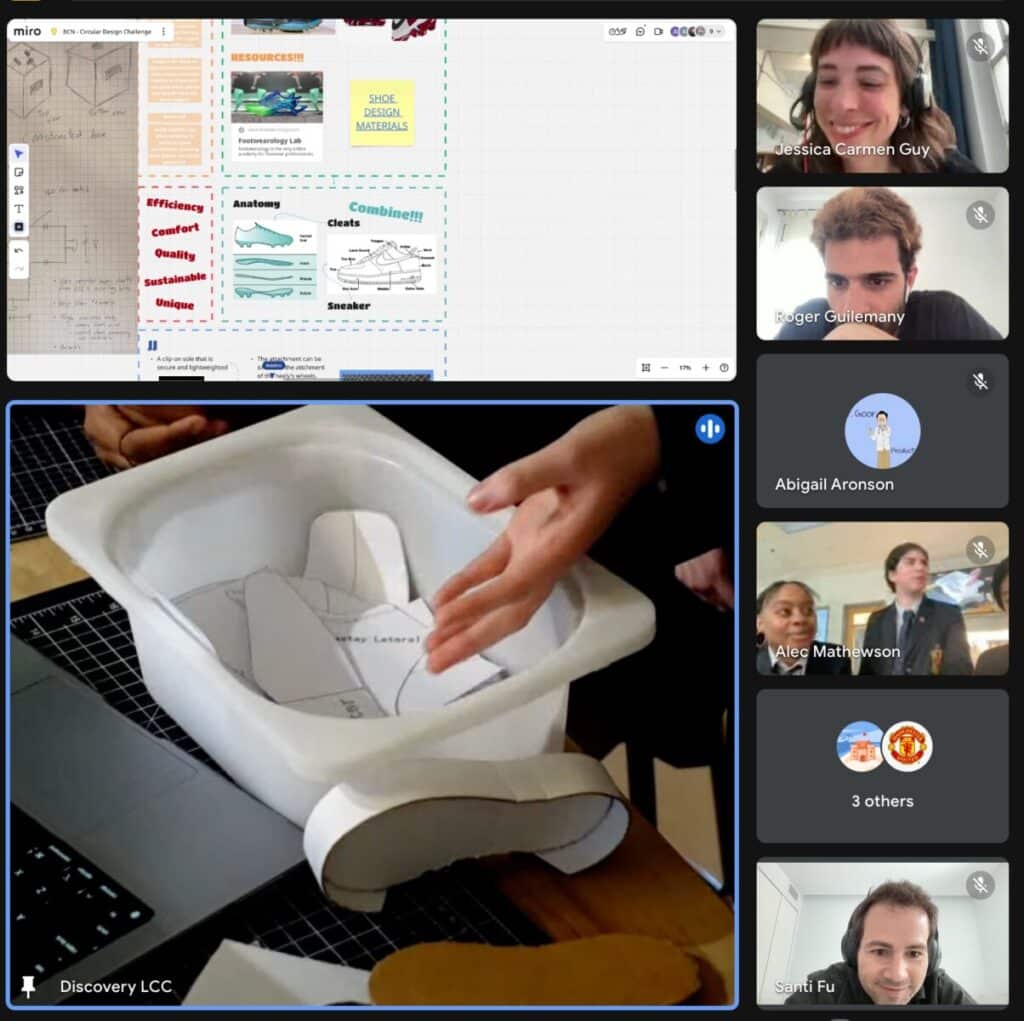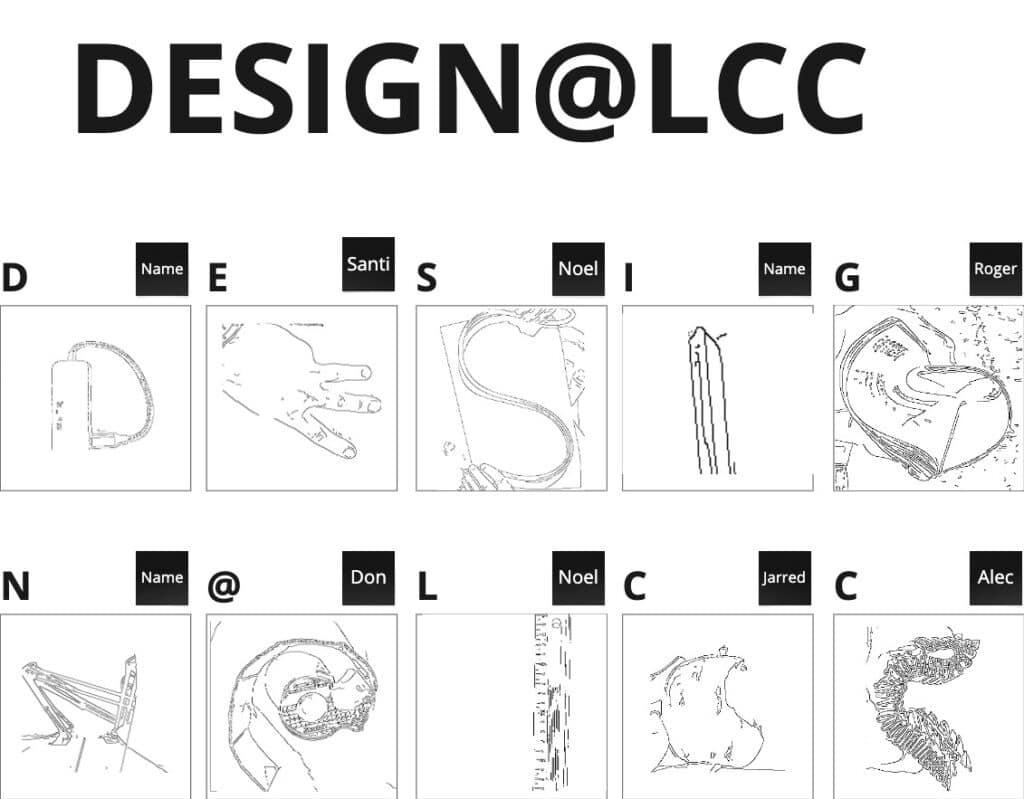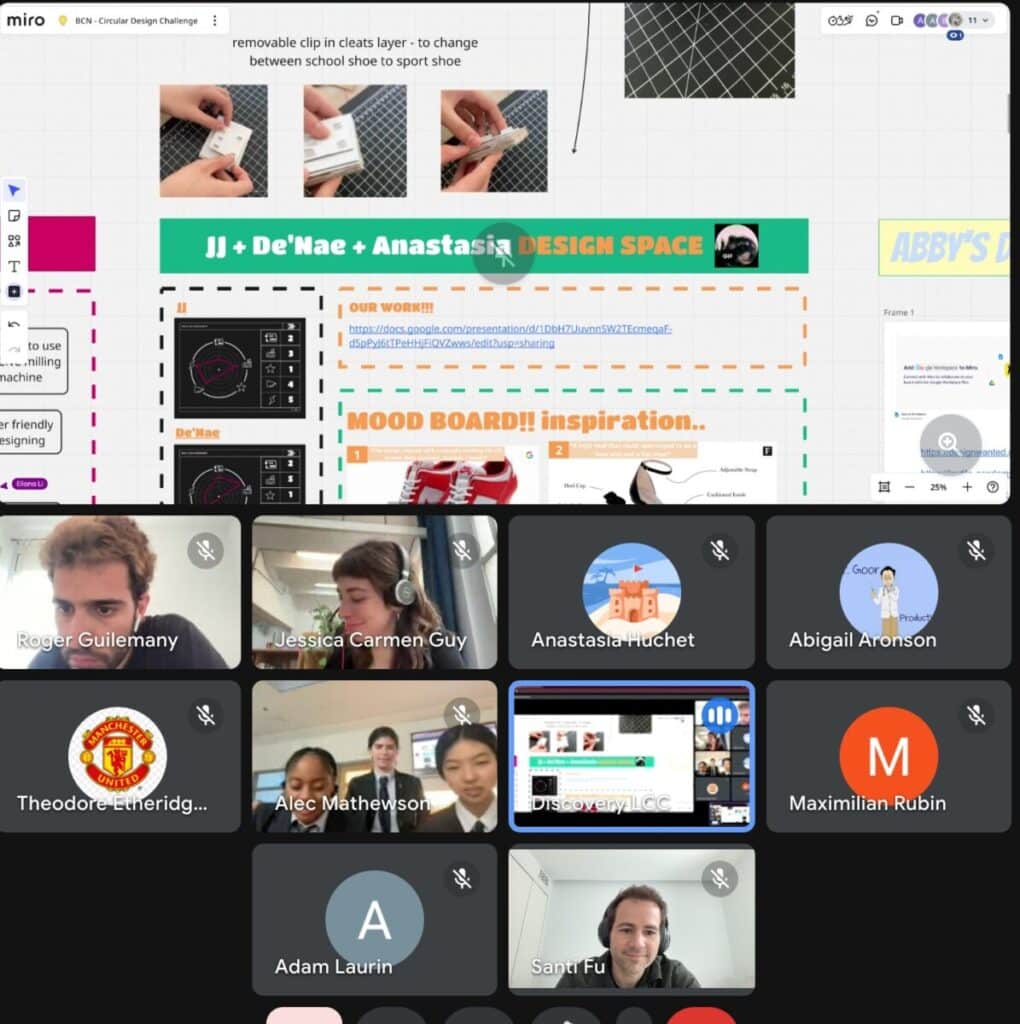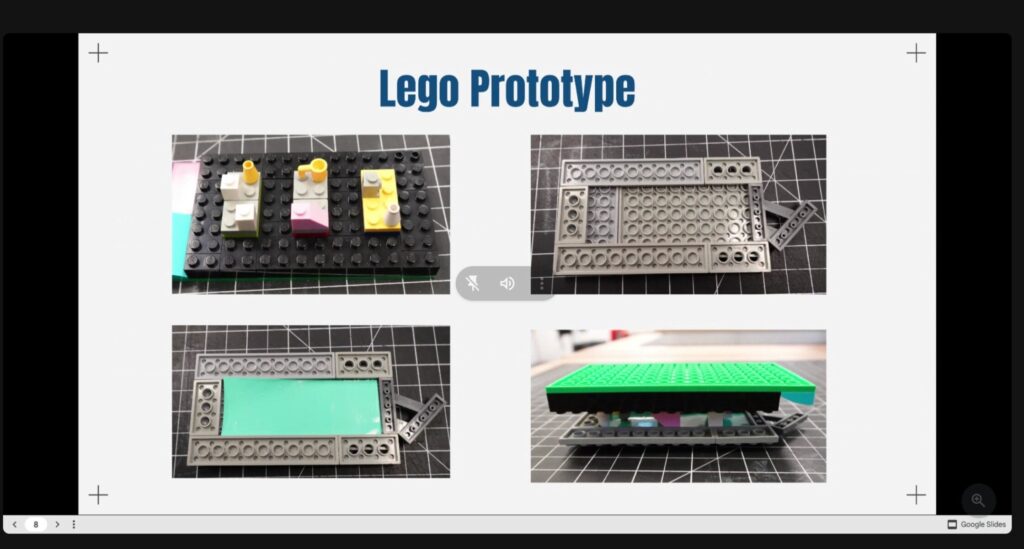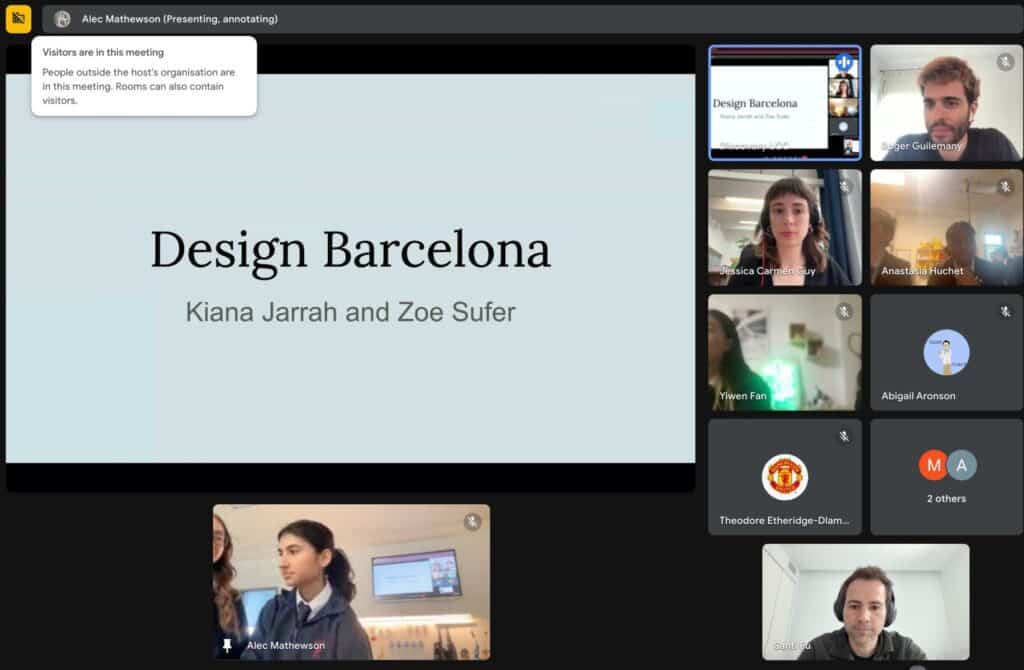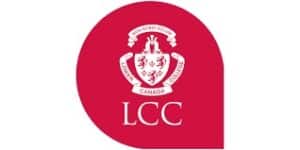
Distributed Design Program: The LCC Pilot
The Lower Canada College and Fab Lab Barcelona are working together to develop an enriching and transformative learning experience for their high-school students focused around circular design
Area
Future Learning and Distributed Design
Type of Project
Co-Creation; Training of Trainers
The Goal
Lower Canada College (LCC) follows both the International Baccalaureate (IB) framework and Quebec’s government curriculum, though design has yet to gain formal recognition within Quebec’s system. While the IB framework highlights design, its focus leans toward structured, practical outcomes, often missing the open-ended experimentation and research-creation fostered by Fab Labs. LCC’s goal was to anchor inquiry through hands-on making, emphasizing design literacy—not just understanding the “how” and “why” of design, but also its broader impact on systems, communities, and ecosystems.
The Pilot Project aimed to support Lower Canada College in integrating maker-driven learning experiences into their classrooms, ensuring they stay responsive to the evolving complexities of higher education. This was achieved through our “Distributed Design Program,” an immersive journey focused on collaborative and sustainable design. LCC was particularly interested in our critical approach to design practice—embedding design perspectives into all facets of prototyping, whether as research, a creative process, a propositional approach, or a means to build communities.
The objective that most interested LCC was our critical approach to design practice. In other words, our different approaches to including a design perspective in all facets of prototyping. Design practice as research, a creative process, a propositional approach, for creating communities…etc.
This is an ongoing collaboration.
Our Solution
We thought the Distributed Design Program, crafted by Fab Lab Barcelona in collaboration with the Distributed Design Platform could be a good methodological and experiential approach. The program provides an immersive learning journey which, through collaborative and sustainable design principles, challenges participants to develop essential skills in three core pillars: Openness, Collaboration and Regeneration. By incorporating design principles, methods, and tools at the micro and macro scales, we build a dynamic and adaptable educational environment that responds to the needs and aspirations of students, as well as the changing demands of society and the workforce. This holistic approach ensures that students not only acquire knowledge and skills, but also develop the ability to think critically, solve problems creatively, and collaborate effectively in diverse teams.
A selected group of teachers and members of the Lower Canada College are participating in this learning experience organized through several phases. Participants have engaged in a Research and Development phase, where we encourage them to prepare and collect relevant materials to use in the Knowledge Transfer and Consolidation phases, while our team adjusted the methodologies to the specific context of the College.
During the 4-day Bootcamp, teachers were more profoundly introduced to the 3 Distributed Design core pillars through experts’ presentations and deepening the experience with feedback and co-design activities:
- Design & Collaboration
- Open-source – Sharing
- Regenerative Design
On the fourth day, a co-creation session gathered the insights gained throughout the bootcamp, allowing participants to collaboratively design a curriculum tailored to the specific context of Lower Canada, develop a work plan for the next phase (ongoing), and identify needs to effectively plan future efforts.
The last phase of Consolidation, still ongoing, involves periodic meetings between participants and the project’s driving team to co-create and agree on the different lines of work. Results and research reports are reviewed and discussed, fostering collaboration and active participation from all involved.
“While the IB framework emphasizes design, it tends to focus on structured, practical outcomes, often overlooking the open-ended experimentation and research-creation that Fab Labs promote. Our goal is to root inquiry through making, with a focus on building design literacy—understanding not only the “how” and “why” of design, but also the broader impact that design decisions have on systems, communities, and ecosystems. Meaningful learning in a Fab Lab requires time and deeper engagement, which can be challenging to achieve within the constraints of a high school environment. We believe that partnerships with other institutions and Fab Labs can raise awareness and motivation for maker-driven design activity, where the product of a design education is the creative and technical learning process itself”.
Alec Mathewson, Design Curriculum Lead & Fab Lab Coordinator at Lower Canada College
Project Team
Guillem Camprodon
Santiago Fuentemilla
Jessica Guy
Petra Garajova
Roger Guilemany
Alejandra Tothill
Audrey Belliot
Partners
Want to talk?
Book a call with our team to discuss how we can work together:
Noel Criado, Strategic Partnerships Lead: [email protected]
